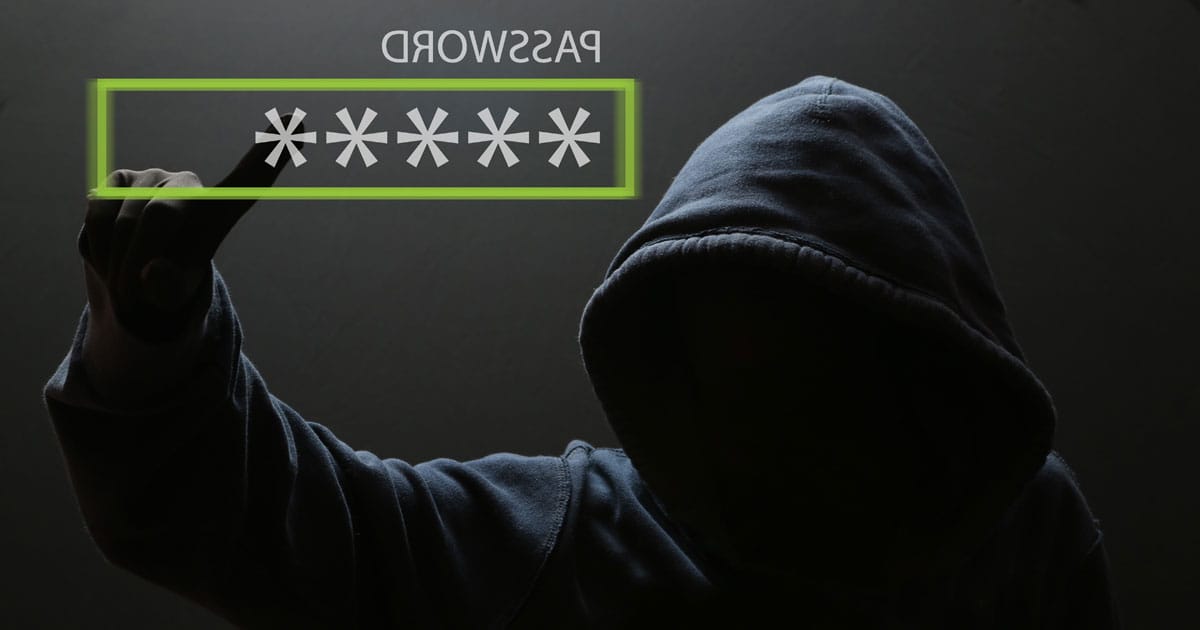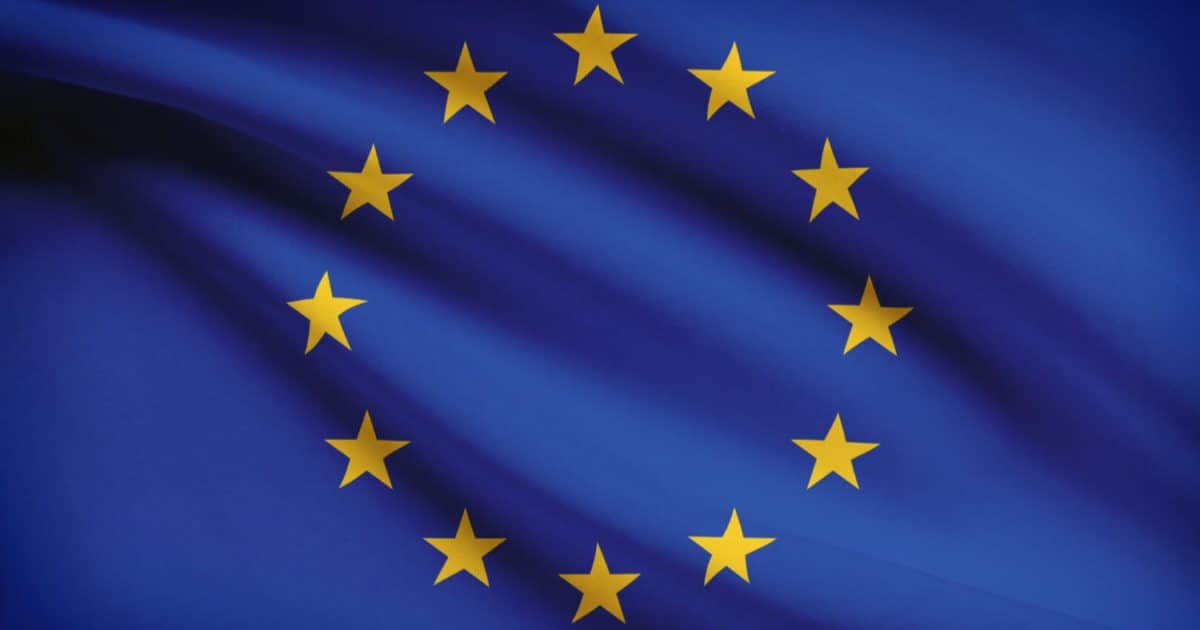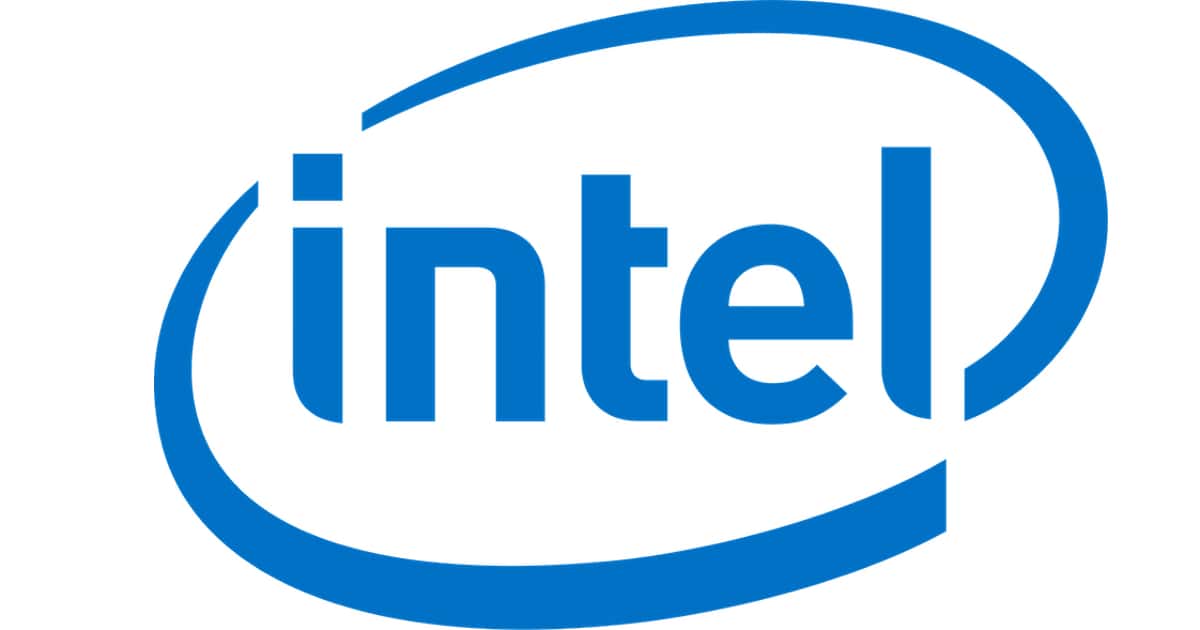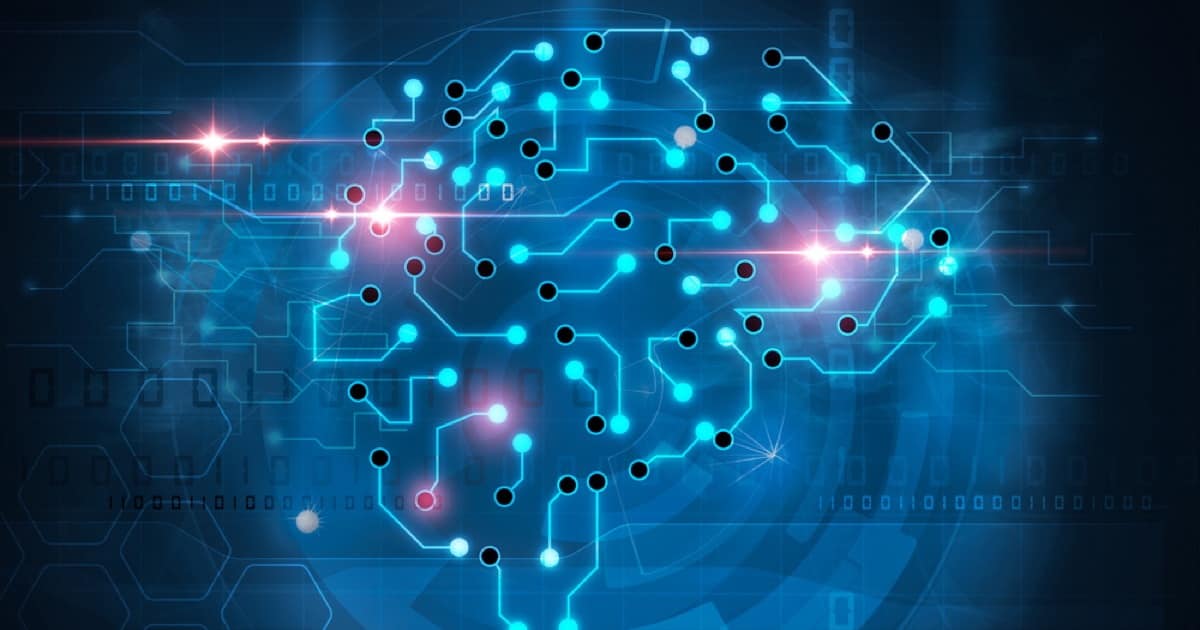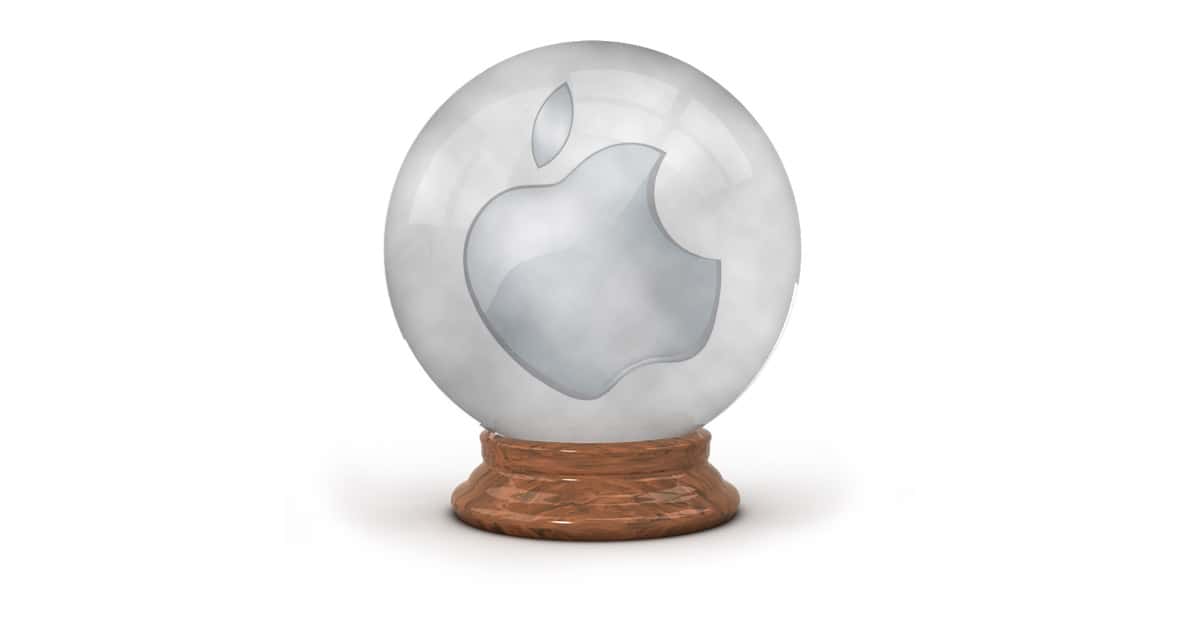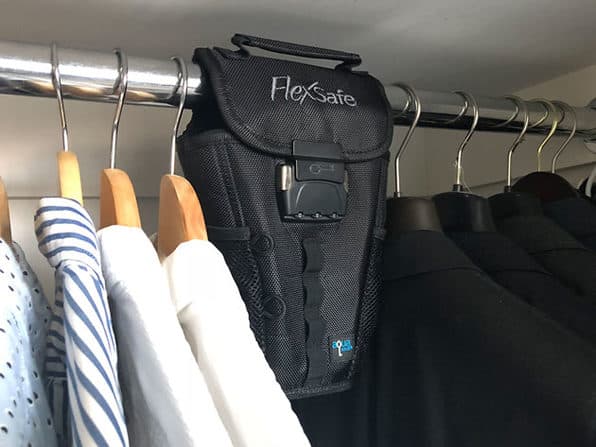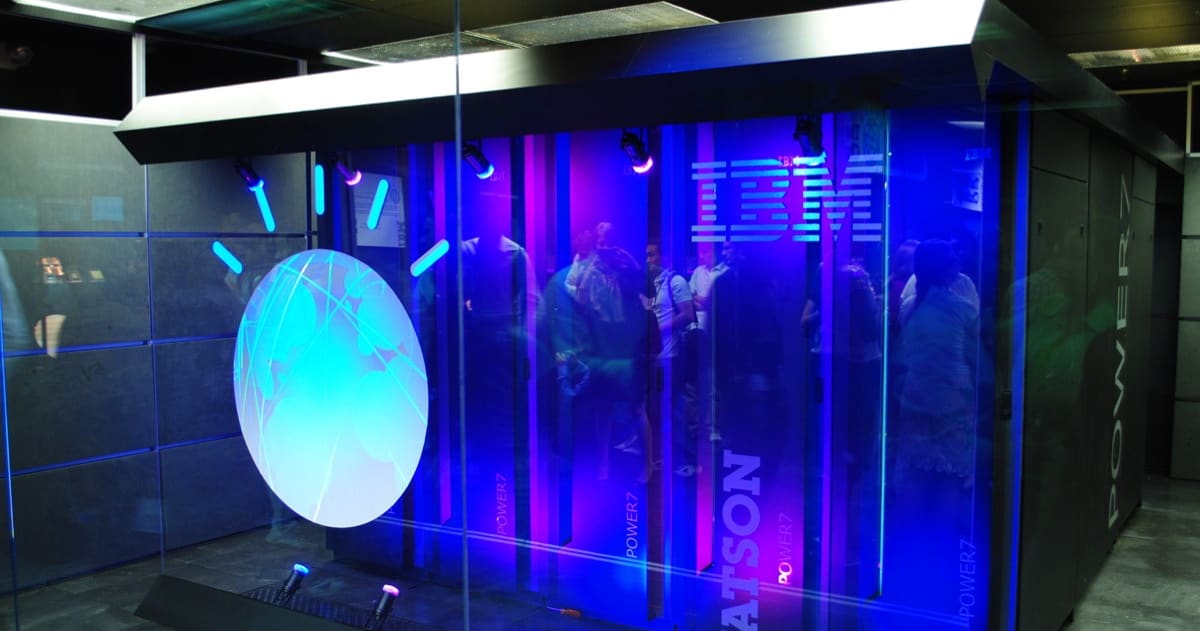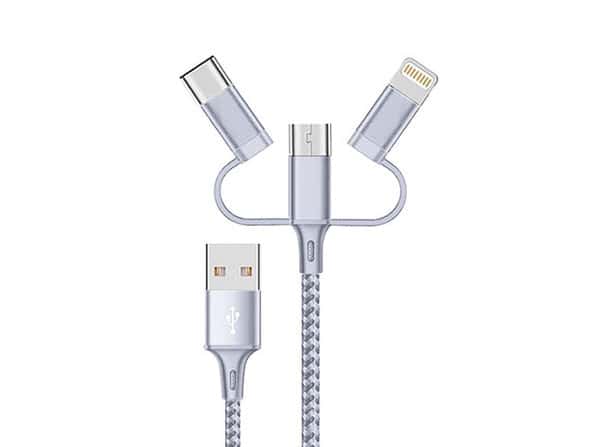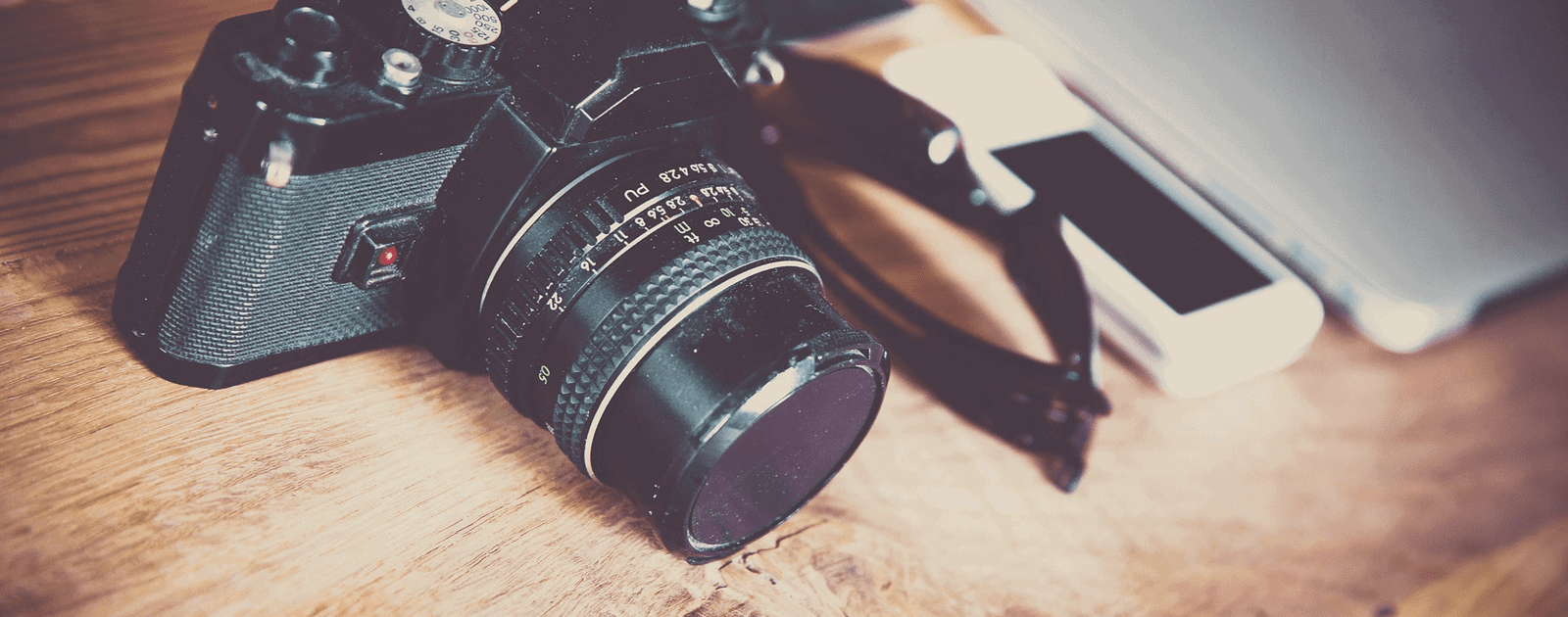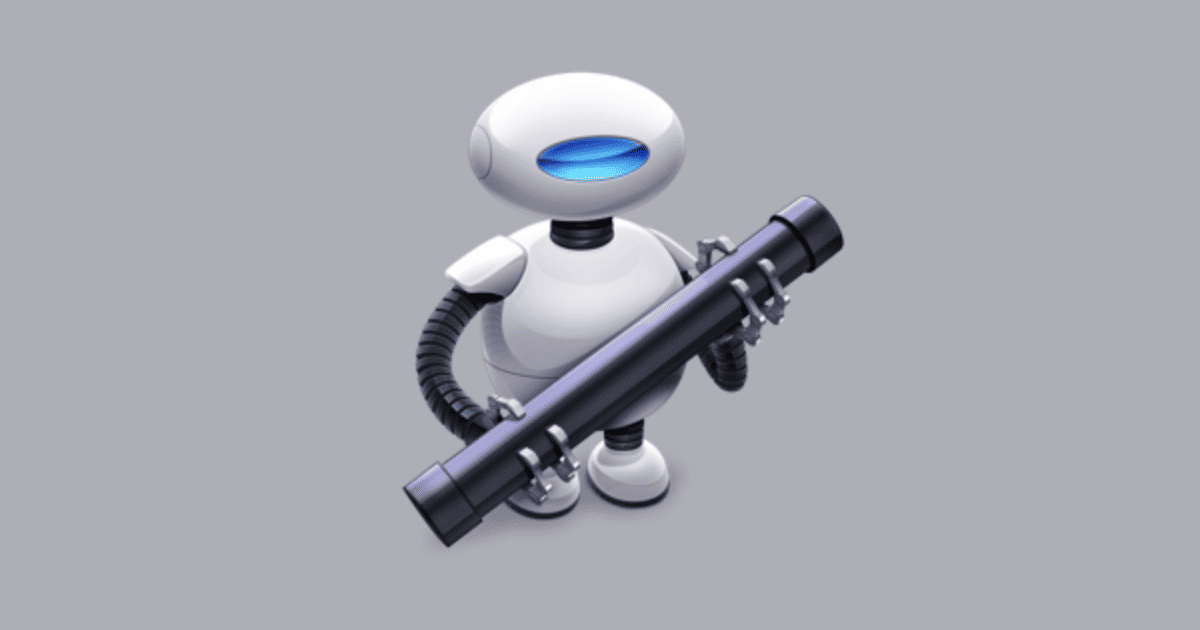After facing criticism, an Amazon Go store will accept cash for the first time. The Associated Press reported that the store will open in New York City Tuesday.
The company, facing backlash from critics who say cashless stores discriminate against the poor, confirmed last month that it was working on a way to accept paper bill and coins. In the new store, employee will swipe those who want to pay by cash through the turnstile entrance. After shoppers grab what they want off the shelves, an employee will scan each item with a mobile device and check them out. There still won’t be cash registers in the store. Cameron Janes, who oversees Amazon’s physical stores, says the way it accepts cash could change in the future, but declined to give details.


